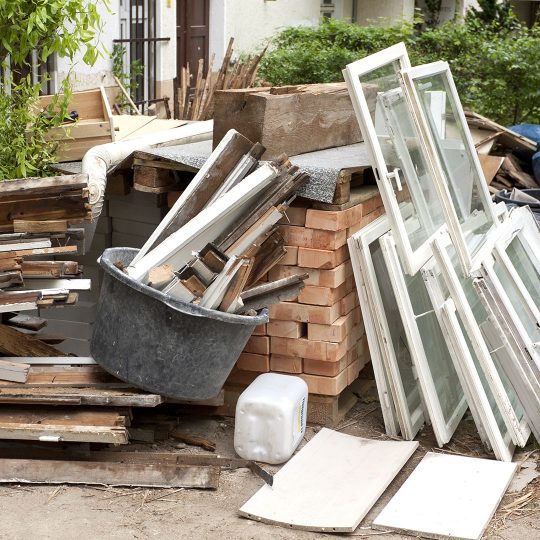Are you in the midst of a construction project? Whether you’re building your dream home or renovating an existing property, one thing is for certain – construction debris is inevitable. From leftover materials to broken equipment, these remnants can quickly pile up and create a mess on your site. But here’s the thing: proper construction debris removal Goldsboro NC is not just about tidying up; it’s about ensuring safety, compliance with regulations, and maximizing efficiency. In this blog post, we’ll delve into the importance of handling construction debris correctly and explore the benefits it brings to your project. So grab your hard hat and let’s get started!
Benefits of Proper Construction Debris Removal
Proper construction debris removal offers a multitude of benefits that go beyond just keeping your worksite clean and organized. First and foremost, it enhances safety for everyone involved in the project. Construction sites can be hazardous enough without the added risk of cluttered debris lying around. By promptly removing construction waste, you minimize the chances of accidents or injuries caused by tripping over materials or getting struck by loose objects.
Additionally, efficient debris removal improves productivity on site. When workers have clear pathways to move around and easy access to their tools and equipment, they can work more efficiently and complete tasks in a timely manner. This not only saves time but also reduces delays in the overall construction schedule.
Another advantage is environmental responsibility. Proper disposal of construction debris ensures that harmful materials are handled appropriately instead of being dumped into landfills or polluting natural habitats. Many items found on construction sites can be recycled or repurposed, minimizing waste generation and contributing to sustainability efforts.
Furthermore, adhering to regulations regarding proper debris removal is essential for staying compliant with local laws and guidelines. Failure to comply could result in fines or other legal consequences that could significantly impact your project’s budget and timeline.
Regulations and Guidelines for Construction Debris Removal
Regulations and guidelines for construction debris removal play a crucial role in maintaining safety standards and protecting the environment. Proper disposal of construction waste is not only a legal requirement but also helps to minimize potential hazards and ensure the efficient management of resources.
Many jurisdictions have specific regulations in place that govern how construction debris should be handled, transported, and disposed of. These regulations may include requirements for proper sorting and separation of different types of waste materials, such as concrete, wood, metals, plastics, and hazardous substances. It is important for contractors to familiarize themselves with these regulations to avoid penalties or legal issues.
In addition to regulatory requirements, there are also guidelines set by industry organizations that provide best practices for construction debris removal. These guidelines often focus on reducing the environmental impact through recycling and proper disposal methods. They may outline recommended processes for segregating recyclable materials from non-recyclables or provide guidance on choosing licensed waste management companies.
By adhering to these regulations and following industry guidelines, contractors can effectively manage their construction debris while minimizing negative impacts on the environment. This ensures that valuable resources are conserved through recycling efforts and prevents potentially harmful substances from entering landfills or polluting water sources.
Understanding and complying with regulations related to construction debris removal not only helps contractors avoid legal troubles but also promotes responsible waste management practices.
Conclusion
Proper construction debris removal is not just a matter of convenience, it is essential for the success and safety of any construction project. By ensuring that all waste materials are promptly and responsibly disposed of, you can avoid potential hazards, maintain a clean and organized work environment, and stay in compliance with regulations.

